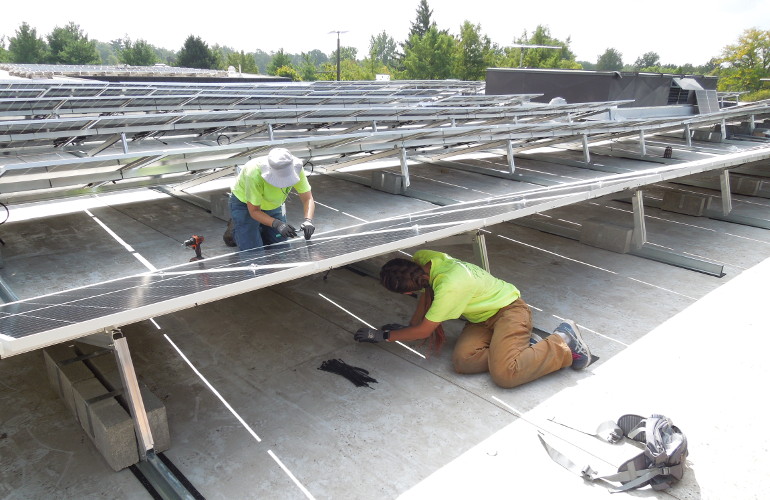

TERRAGEN RACKING HOW TO
I signed on, floundered in the lobby trying to figure out how to connect with a friend, and then someone came over and tried to hump my avatar while their friends laughed. When I first used VRChat around like… early 2017? It consisted of some company-created bland spaces and some random user content in a disorganized pile the only consistent way to save an avatar across boots of the program, unless you manually configured Unity files outside the program, was to visit ( sighs) "Trap-chan's avatar mall". VRChat's moderation problems are enormous and legendary³. So VRChat is pretty great, except for one drawback: It is basically impossible to step into a public VRChat space for any length of time without someone trying to sexually assault your avatar. They could even take their chat area and create a tiny "metaverse" of their own, assuming they can create their own global VoIP, object persistence and synchronization client and network infrastructure². They could take their content and reuse it in a video game of their own design. But anyone who has made a space for VRChat just uploaded a Unity file, which means they can take their ball and go home anytime they want. I'd be really nervous to make content for something like Horizon or Dreams, because everything I make is tied to their servers and how it's used, or for that matter monetized, will always be the company's choice first and mine second. This means the amount of user freedom is enormously higher on VRChat than on Horizon Worlds, but also critically means nobody on VRChat is truly locked in. Everything you see in VRChat, every world, every backdrop, every avatar, was created in Unity, the currently-universal standard tool for ordinary game development. As I've written before I don't think the word "metaverse" should apply to any single company's proprietary chat program, since that word inherently implies cross-vendor interoperability and freedom, but VRChat gets a lot closer to the ideal than it would otherwise simply by its choice of authoring tools: Unity. This feeling is made possible by the fact that VRChat is very heavily focused on user-generated everything user-generated content, user-created worlds, user-organized communities. Where Facebook's 3D-avatar chat program (sorry, metaverse) feels like it completely lacks the human element, VRChat is all human element.

It also definitely has Z-fighting, literally. VRChat is the metaverse with broken image icons, metaphorically. You want a metaverse with some broken image icons, maybe a bit of Z-fighting. If you have a long history on the Internet, or if you read the cyberpunk books the word "metaverse" evokes, you probably kind of want something that has a little bit of a feeling of being handmade and scrappy. Everything was corporate and sterile, every bit of friction removed even if that meant literally taking away your legs, all rendered in a joyless cartoon style that made everything look like an advertisement. One of the things that made people like me react so negatively to Horizon Worlds was that it was too clean. It does everything Facebook promised "Horizon Worlds" will someday do and then some. What was weird about that whole thing was that Facebook was talking about the metaverse in the future tense, but the thing Facebook promised as the future has existed, for years, not just like conceptual antecedents like Habitat or Second Life, or dead services like AltSpace VR (I actually really liked AltSpace VR) but a working, living, actively-in-use service running on Facebook's own VR headsets.

I'm sure you were there gawking from the sidelines last year when mainstream news became obsessed with Facebook's breathless announcements that the "metaverse" would soon become the entire digital world, and then became obsessed with the world's universal mockery and disgust of that same "metaverse", once we saw Facebook's actual product. VRChat is a tantalizing, incomplete tech demo that has actual people living in it. Mostly it's the same stuff though, but harder to run because the market has fragmented and some hardware doesn't work as well as it once did. Half Life Alyx came out, and Mare¹, so that's cool. Today VR is… actually just that same set of tantalizing, incomplete tech demos.
TERRAGEN RACKING SERIES
In 2016 VR was a series of tantalizing, incomplete tech demos. Or I did at one time, and whenever I can actually get into VR and find something to experience I enjoy myself, but that's somehow become harder now than it was in 2016.


 0 kommentar(er)
0 kommentar(er)
